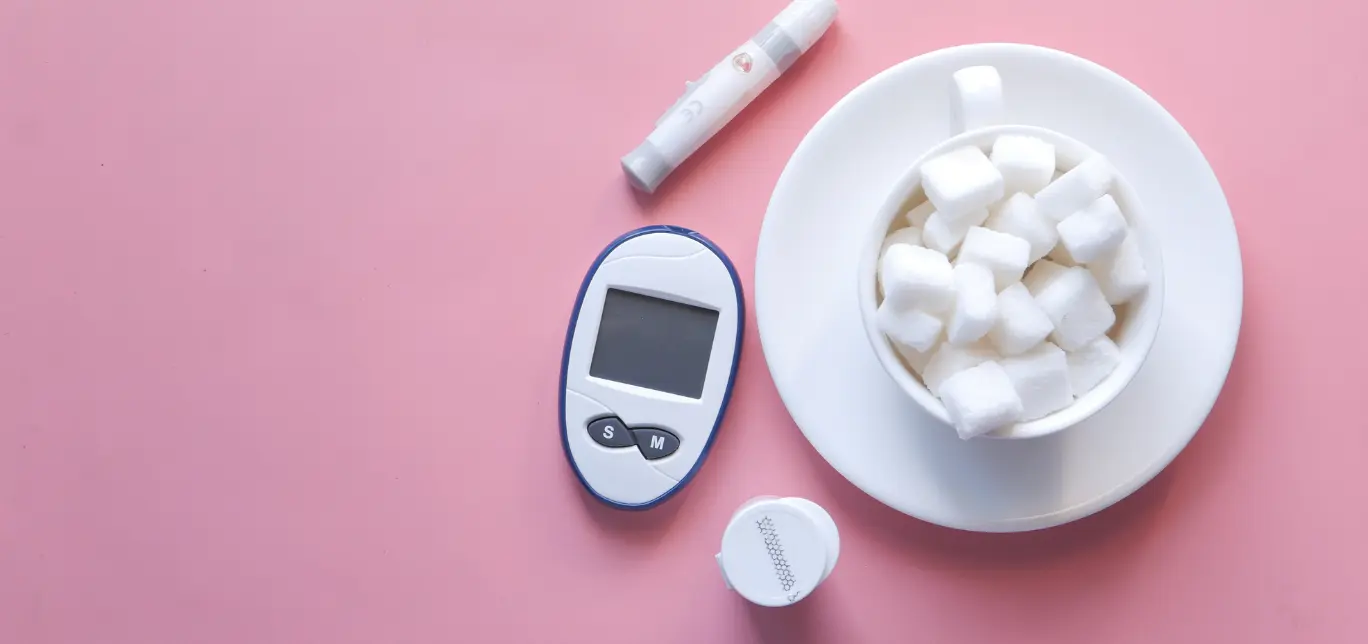Sugar is the generic name for sweet-tasting, soluble carbohydrates, many of which are used in Nigerian foods. Sucrose is used in prepared foods such as cakes,cookies or biscuits and sometimes added to commercially available ultra-processed food and beverages, and could be used by people as a sweetener for foods like cereals and beverages such as coffee and tea.The average person consumes about 24 kilograms (53 pounds) of sugar each year, with Africans consuming under 20 kg (44 lb).

I remember as a child growing up in Nigeria I detested the taste of anything bitter. If it's not sweet or spicy(as a Yoruba demon) growing up. I'm not taking it. It went as far as my Mom keeping sugar away from my reach and monitoring my sugar levels because I was always hyperactive when I had too much sugar to eat and suffered from tooth cavities and would only listen to the dentist temporarily when he told me I'd get a tooth decay someday and lose all my teeth if I continued that way. Now to the main question "how much should kids be allowed to eat"? I for one as an adult can now clearly see the reason why my mom prevented me from overconsumption of sugar because to be honest sugar does more harm than good in the body if it's too much. From experience I can say the biggest source of sugar is not in what they eat but in what they drink.
On an average, sugar makes up 17% of what Nigerian kids consume each day. Not to speak ill of any beverage brand the likes of Happy hour, Ribena, Lucozade boost, Caprisonne,etc which contain added sugar makes up the lunch box of an average Nigerian child alongside biscuits and less of well balanced meals often with the stereotype Nigerian parents have that kids need more of energy giving snacks. Some of you might wonder what added sugars are, added sugars are extra sugar and syrup added to either processed foods or beverages during production. These added sugars have many different names, such as brown sugar, corn sweetener, corn syrup, dextrose, fructose, glucose, high-fructose corn syrup, honey, lactose, malt syrup, maltose, molasses, raw sugar and sucrose. Don't forget that sugar by any other name is still sugar.
Many toddler snacks, even some of those that claim to be nutritious contain added sugars. How can you as a guardian/parent tell which ones have been sweetened? By reading the food label on the side of the box instead of the words on the front. In the latter part of the 20th century, researchers began to examine whether a diet high in free sugar, especially refined Sugar, was harmful to human health. To this note,excessive consumption of sugar is associated with obesity, diabetes, cardiovascular disease, cancer and tooth decay.
In 2015, the World Health Organization(WHO) strongly recommended that adults and children reduce their intake of sugars to less than 10% of their total energy intake, and encouraged a reduction to below 5%. I strongly advice parents who are in the habit of adding snacks to their kids lunchboxes to always check the Nutritional Facts/Value of every beverage or processed food they purchase for their kids as they're at risk of having abnormal cholesterol levels or developing Type 2 diabetes due to excess sugar intake. I'll advice less of processed foods or beverages for kids and more of water, milk(natural sugar-lactose), less of fruit juices(they contain more sugar per serving than the whole fruit) and more vegetables.
Above all, satisfy your child/ward's sweet tooth with natural fruits, and please don't use sweets or candies as a form of reward or as a way to cheer your kids up. Once this happens they have entitlement mentality towards sweet foods which could get them addicted. The health effects of sugar in children might not be obvious with symptoms but the more sugary beverages, candies, processed sugary foods and cookies your child/ward consumes the less room he/she will have in his/her tummy for nutritious foods that are essential for growth. In fact, when it comes to kids and sugar, research clearly shows that when children eat more sugar they eat less natural produce, grains and dairy related products. I can relate to this, growing up I didn't mind not having a wholesome meal as long as my mouth was busy munching or chewing on candies or processed foods well I suffered the repercussions by nursing toothaches and not letting my mom sleep and mom being African....well I'm sure you know what to expect during that period(laughs). Be sure not to ban sweet or sugary things for your kids or wards. Some of us know how hard it is to stay away from something forbidden, such is the case of sugary items as your ward might end up binge eating sugary processed foods in secret without you knowing. Not saying you should prevent your kids from consuming sugar but endeavour to control their intake by proper monitoring of what you feed them as a parent/guardian. Children absorb and imitate what people around them are doing. If they see you choosing nutritious foods, they’ll be more likely to do the same.
Whether your child/ward loves sports, music or math, eating less sugar over time can aid them in achieving their goals by staying healthy and more active. The benefits transcend weight management because even kids with an optimal weight may not be metabolically healthy. For example, slender children can have high blood pressure(HBP) or elevated sugar levels that are detrimental to cardiac health over time. Endeavor to make healthy eating choices together with your ward so as to encourage healthy eating as well, trying to overhaul their diets might backfire. Don't rush the whole process, slow and steadily you'll gain your child/ward's progress to switch from sugary to healthy, nutritional and wholesome foods.You can also spark a healthy eating discussion/communication with your kids. That doesn't mean you can't have an ice cream treat once in a while with your kids/wards. Being a parent /guardian is no child's play no doubt but let's endeavor to look out for our kids/wards healthwise.







